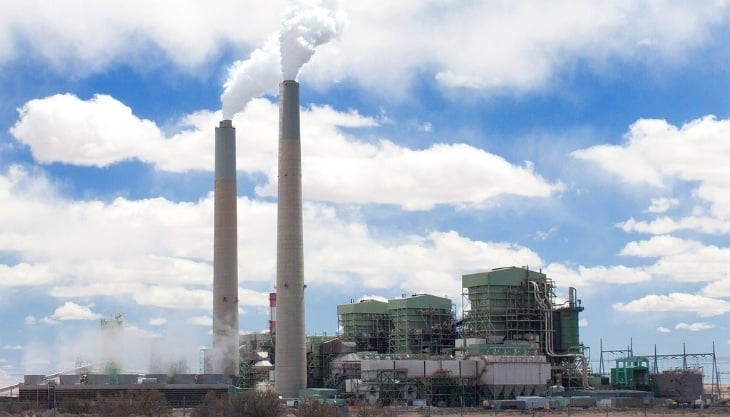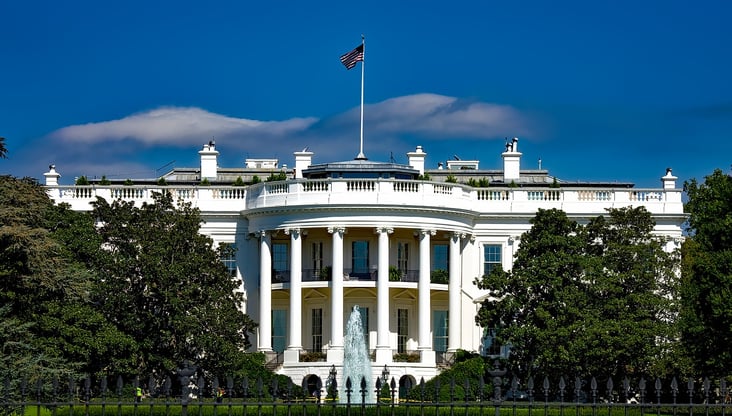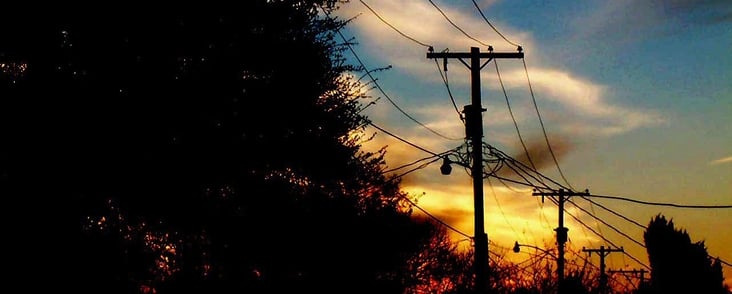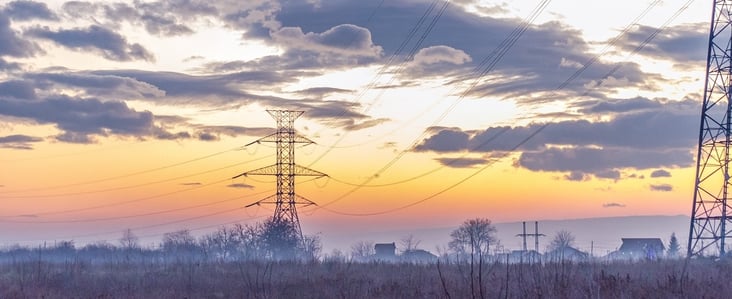
Photo by Alan Stark, used under a Creative Commons license.
With the Trump Administration clear on its intentions to repeal and replace the Obama Administration's Clean Power Plan (CPP), the Environmental Protection Agency (EPA) on August 21 finally released its "Affordable Clean Energy" proposal. Given the name, one might expect the so-called ACE rule to lean on current market trends toward low- and non-emitting advanced energy technologies, such as natural gas, solar, wind, and energy efficiency, on the basis of cost. That’s what the CPP attempted to do, doubling down on these trends and allowing states to design compliance plans using market-based trading to find the lowest-cost paths to compliance. ACE, in contrast, takes a hard turn away from lower-cost advanced energy options and market-based trading in favor of old-fashioned command-and-control regulation that would only allow costly investments at existing coal-fired power plants—which is bad news for consumers and the advanced energy industry alike.



